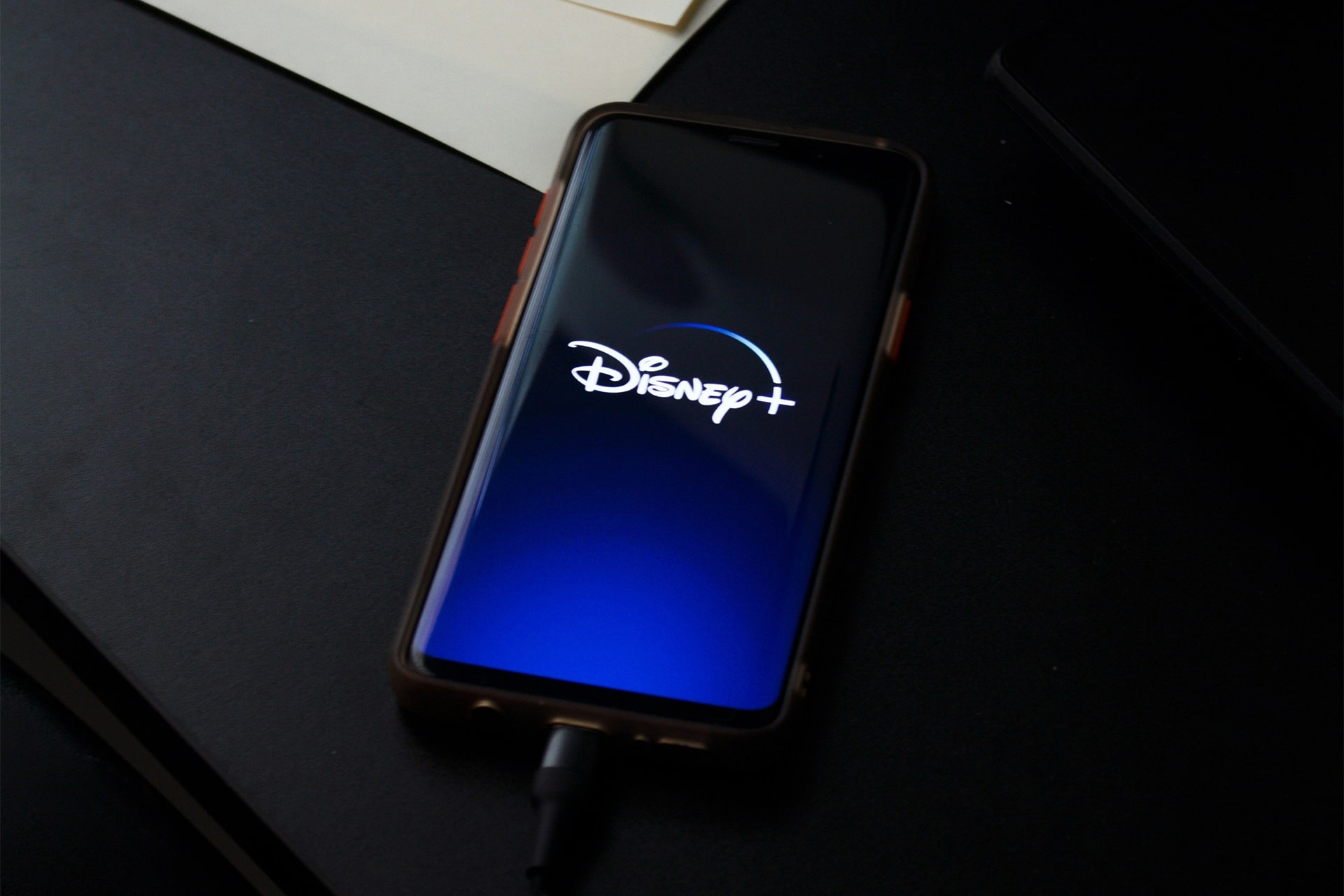Disney leans on localization to win over China and APAC audiences

With its latest slate, Disney aims to strike a balance between global appeal and local resonance in its approach to the APAC region.
On November 20, The Walt Disney Company unveiled its long-awaited entertainment slate for the Asia Pacific region, setting the stage for a packed release schedule through 2025 and beyond. Titles such as Captain America 4, Moana 2, Tron: Ares, Toy Story 5, The Lion King: Mufasa’s Story, Avatar: Fire and Ash, and the third season of Star Wars: Visions are part of the lineup. With a mix of sequels, reimaginings, and blockbuster franchises, the company’s ambitions are unmistakably grand.
Carol Choi, Disney’s executive vice president, expressed confidence in the slate’s universal appeal during an interview with media outlets such as 36Kr. “We believe our lineup has something for everyone,” she said.
Some of the posters and teaser trailers showcased at the event were previously revealed at this year’s D23 event in Los Angeles, but this regional showcase featured a noteworthy twist: an emphasis on productions designed specifically for audiences in Asia.
While many of the showcased posters and teasers were previously revealed at the D23 event in Los Angeles, the regional showcase brought a distinct focus: productions tailored to resonate with Asia-Pacific audiences. This included Disney’s growing investment in local content for Japan and South Korea, markets where Disney+ has gained strong footholds. Hits like the Korean drama Moving and Japanese series such as The Kindaichi Case Files and Atom’s Last Shot have helped establish Disney as a competitive player in regional streaming.
The company unveiled plans for Moving’s second season and a slate of new anime projects, highlighting its commitment to local storytelling. However, one conspicuous absence from the announcement was Chinese-language productions. Disney+ remains unavailable in mainland China due to operational restrictions, creating a notable gap in the company’s regional strategy.

China represents a paradox for Disney: an enormous market with significant barriers. In recent years, several Disney blockbusters were denied theatrical releases in China, leading to a sense of alienation among fans. Yet, 2023 brought signs of progress. Films like Alien: Romulus achieved notable success in China, where it outperformed the North American box office. Other releases, including Deadpool and Inside Out, also fared well, bolstered by Disney China’s concerted engagement efforts.
Despite these gains, Disney faces mounting challenges. Chinese audiences are increasingly drawn to locally produced content, a shift reflecting both cultural preferences and evolving market dynamics. This divergence has occasionally polarized reception for Disney’s international releases.
Choi described China as an even tougher market than Japan and South Korea, but said that Disney is “actively working to bridge this gap,” pointing to partnerships with platforms like Xiaohongshu, Weibo, Bilibili, and Douyin to strengthen fan engagement.
As cultural preferences diverge, Disney’s localization strategy has become more nuanced. Films that succeed internationally don’t always resonate with Chinese audiences. For example, Moana 2, set to release in China on November 29, is a high-stakes project for Disney. When the original Moana premiered, it struggled to replicate its North American success, losing ground to films like Fantastic Beasts and Where to Find Them and I Am Not Madame Bovary. At the time, critics attributed its lackluster performance to weak marketing and the audience’s unpreparedness for a heroine who neither pursued romance nor embodied conventional beauty.
Fast forward eight years, and the landscape has transformed. Chinese audiences now embrace diverse portrayals of women, and Disney’s localization team has evolved to meet these new expectations. For Moana 2, Disney collaborated with Olympic gold medalists Zhang Yufei and Wang Shun to promote the film. Characterizing Moana as an adventurer with a mission, Choi said the character holds a spirit that aligns perfectly with Olympic athletes. This strategic partnership has generated buzz on social media, encouraging audiences to revisit theaters.

Disney is also making significant efforts to reconnect with fans through high-profile events. In July, Deadpool & Wolverine stars Ryan Reynolds and Hugh Jackman visited Shanghai, marking Hollywood’s first major celebrity appearance in China in years. The event sparked a wave of excitement online and symbolized a thaw in Disney’s relationship with the Chinese market.
Recognizing the importance of Chinese social media platforms, Disney has fine-tuned its approach. On Douyin, Choi’s team repeatedly advocates for its significance to US headquarters, ensuring access to fresh promotional materials. Collaborations with Xiaohongshu influencers, particularly those focused on parenting and education, aim to position Disney’s family-friendly content directly with young mothers.
Localization efforts extend beyond marketing to influence content creation. For instance, Japanese audiences favor foreign films dubbed by local voice actors, while Chinese viewers largely reject dubbed versions. As a result, Disney has gradually phased out Chinese dubbing for its films. Additionally, feedback on recent Marvel productions—ranging from critiques of overused multiverse narratives to convoluted quantum mechanics—has been relayed back to Disney’s headquarters. “Rest assured,” Choi said with a laugh, “the next few Marvel films are set on Earth. Even if aliens appear, they are coming to us.”
The surprise success of Alien: Romulus in China highlights the untapped potential of niche genres. When Disney acquired 20th Century Fox, skeptics feared that its mature properties might be sanitized to fit Disney’s family-friendly image. However, the company has managed to preserve Fox’s distinct identity while seamlessly integrating it into its broader portfolio.
Audiences now wonder if Disney can expand its creative horizons. If the company can produce films like Alien: Romulus, why continue remaking classics like Snow White and The Little Mermaid? Choi defended Disney’s commitment to its core values: “When you watch a Disney film, you can always expect joy, harmony, and an uplifting spirit. Even when audiences know there’s going to be a happy ending, we’re confident the journey will still move them.”
Disney is also experimenting with reimagining classic villains like Cruella de Vil and Scar from The Lion King. “Even when focusing on a villain’s story, the tone will remain family-friendly, and there will always be a happy ending,” Choi said. “Parents never have to worry about inappropriate content in a Disney film.”
While staying true to its promise of “telling great stories,” Disney is making subtle adjustments to reflect contemporary values. For example, Snow White is being reimagined as a courageous and strong-willed heroine, while Toy Story 5 will explore themes of technology addiction through the lens of childhood nostalgia.
“Our goal is to tell good stories that ensure audiences at every stage of life can resonate with Disney’,” Choi said.
#Disney #Localization #Entertainment #GlobalCinema #APAC
- Art
- Causes
- Crafts
- Dance
- Drinks
- Film
- Fitness
- Food
- الألعاب
- Gardening
- Health
- الرئيسية
- Literature
- Music
- Networking
- أخرى
- Party
- Religion
- Shopping
- Sports
- Theater
- Wellness

